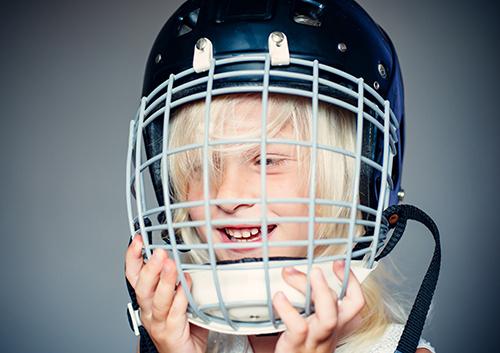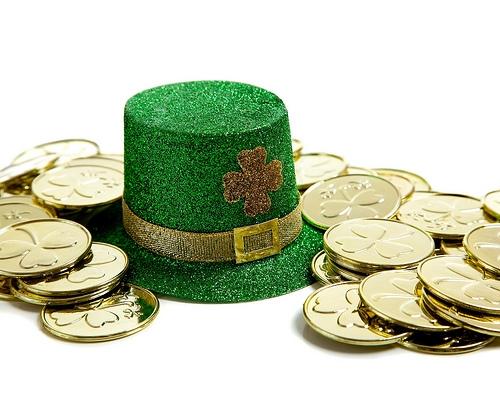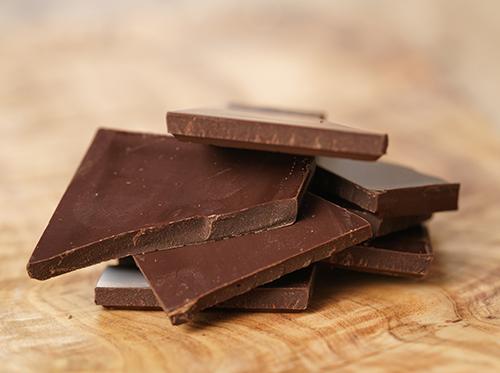
My Blog
-
How to Handle an Unexpected Dental Emergency
posted: Apr. 30, 2024.

-
Famous Dentists in History
posted: Apr. 23, 2024.

-
Earth Day
posted: Apr. 16, 2024.

-
Bright Ideas for Your Smile
posted: Apr. 09, 2024.

-
This April, Let’s Celebrate National Facial Protection Month!
posted: Apr. 02, 2024.

-
Floss? Sticks? Picks? Which Should You Choose?
posted: Mar. 26, 2024.

-
Do You Have an Ageless Smile? Let Us Help You Keep It!
posted: Mar. 19, 2024.

-
St. Patrick's Day: Celtic pride, green shamrocks, and lucky charms!
posted: Mar. 12, 2024.

-
Improve Your Overall Health with Regular Cleanings
posted: Mar. 05, 2024.

-
Oral Cancer
posted: Feb. 27, 2024.

-
Dental-Healthy Snacks for Your School-Aged Child
posted: Feb. 20, 2024.

-
Team Dark Chocolate
posted: Feb. 13, 2024.

-
Antibiotic Prophylaxis or Pre-Medication
posted: Feb. 06, 2024.

-
What's the connection between gum disease and diabetes?
posted: Jan. 30, 2024.

-
Should Adults Continue Fluoride Treatments?
posted: Jan. 23, 2024.

-
Is there really a link between my mouth and heart?
posted: Jan. 16, 2024.

